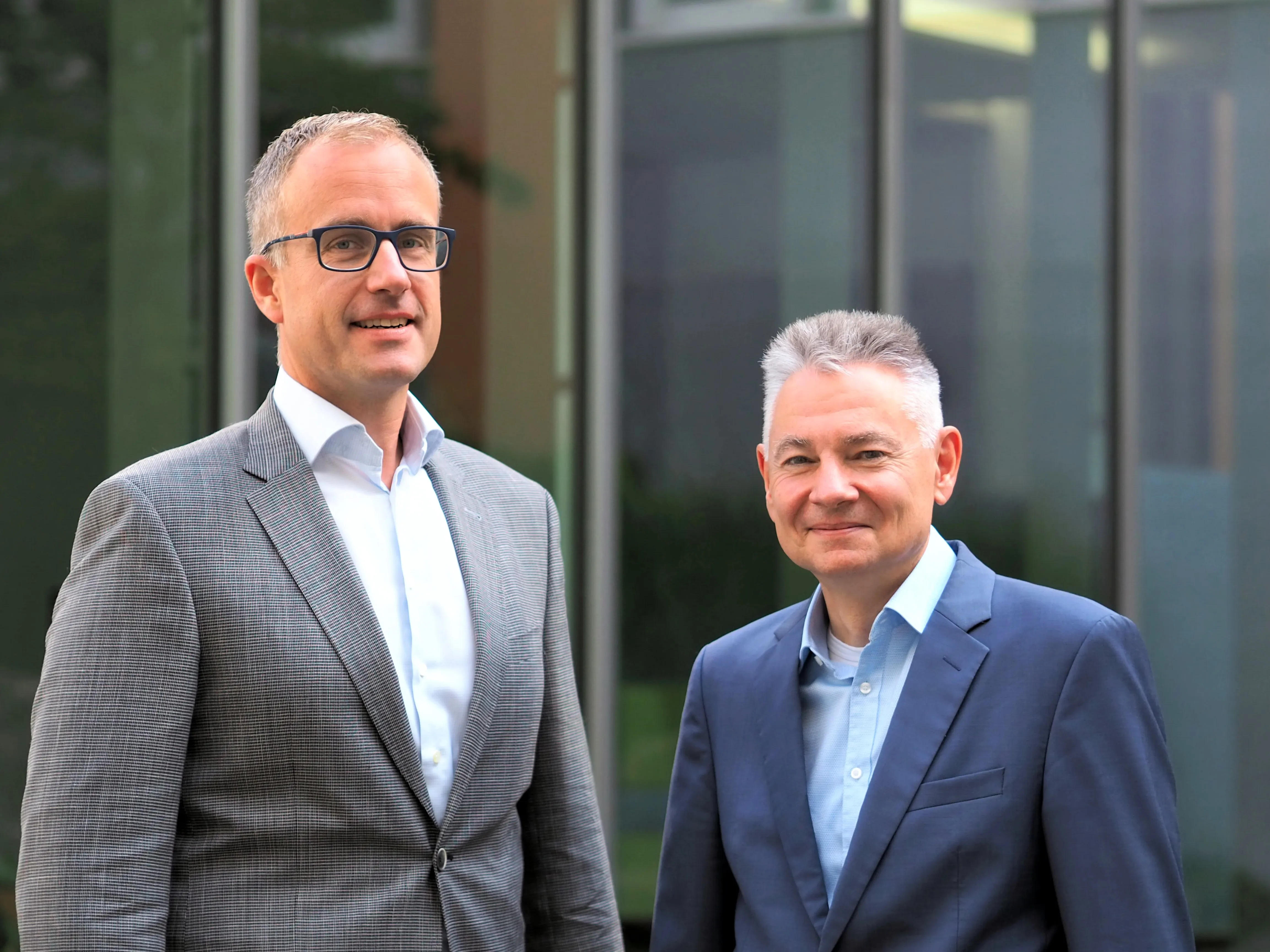
Vision specialist Vitronic has restructured its three existing business units into two as part of a bid to become more customer-centric.
Traffic Technology will handle tolls and traffic monitoring, while Automation will deal with automotive, healthcare, logistics, photovoltaics and 3D body scanning.
Thomas Preusser and Boris Wagner have been chosen to head Traffic Technology.
Vitronic, whose HQ is in Wiesbaden, Germany, says each unit will "consolidate their sales, product development, project management and service capabilities", speeding up getting products to market.
There will also be "greater agility for implementing customer solutions, improved transparency, and better communication - with a clearer focus on customer needs".
Preusser has been with the company since 1989, and has been a machine vision solutions developer for all business divisions.
Boris Wagner joined Vitronic in 2013 and has held several sales roles for tolling and traffic monitoring solutions, most recently as head of the traffic technology sales department and director of ERA, the firm's traffic enforcement services subsidiary.
They will report directly to group CEO Daniel Scholz-Stein, who commented: "We must proactively shape our own transformation and not just respond to external events. We have been preparing for these new developments with the necessary long-term vision for quite some time."








